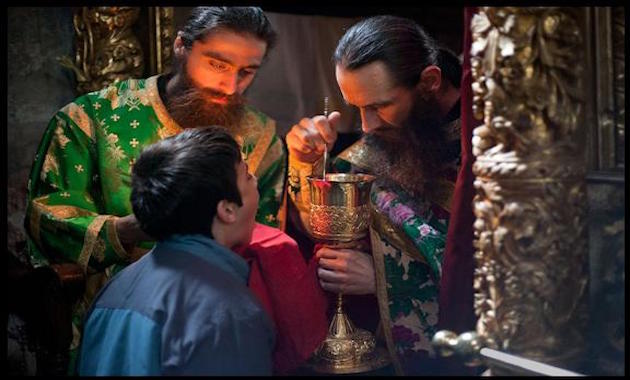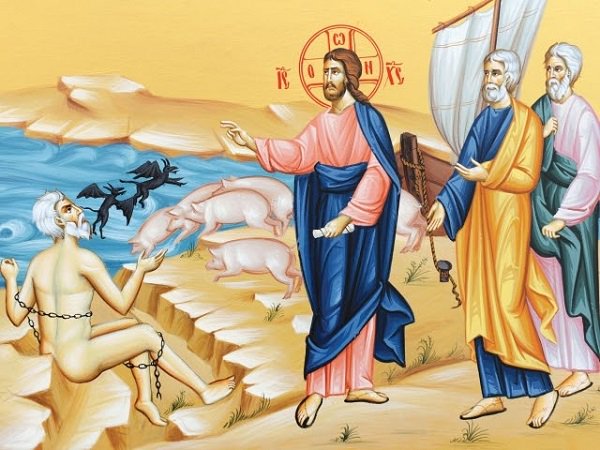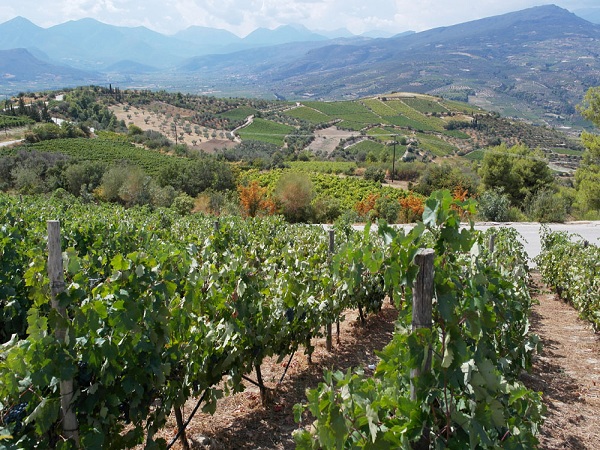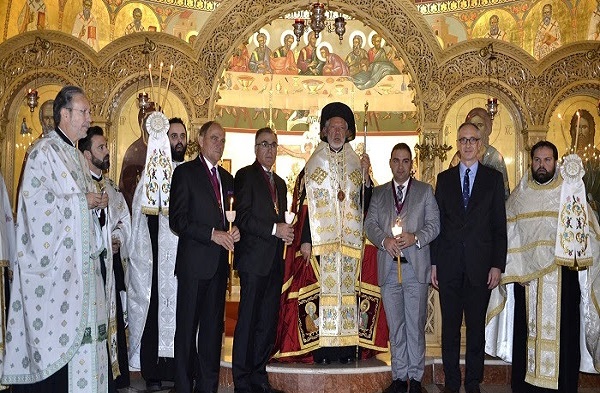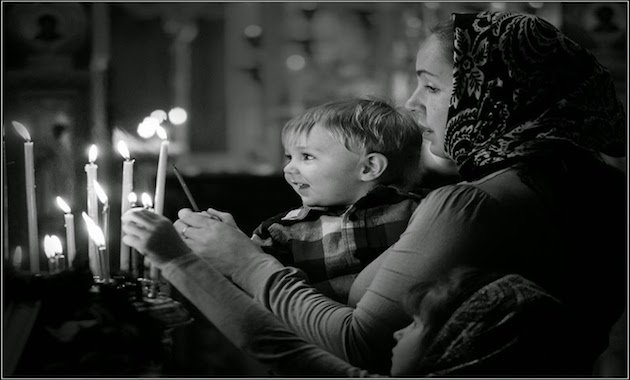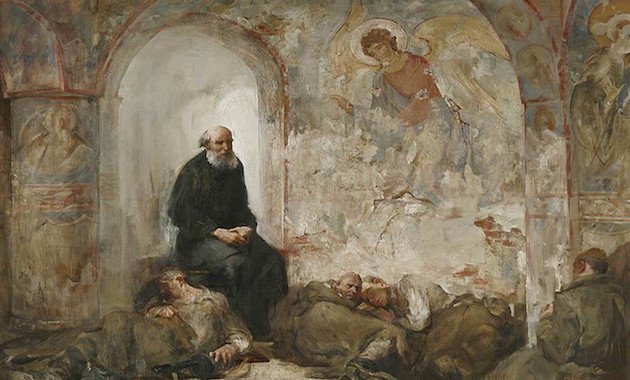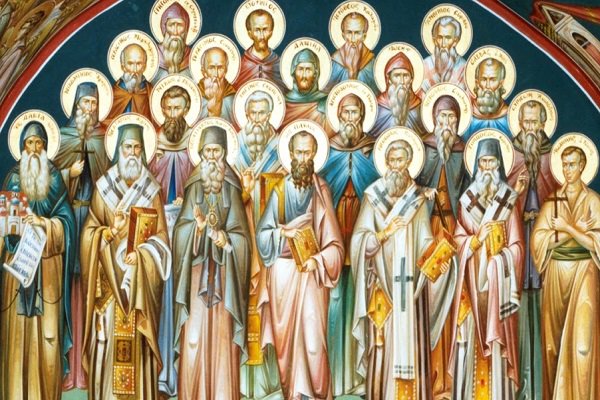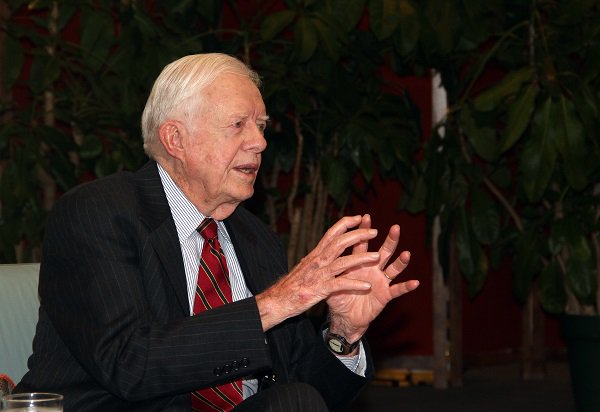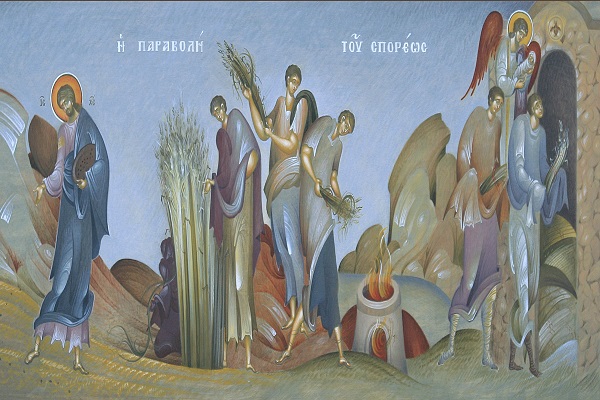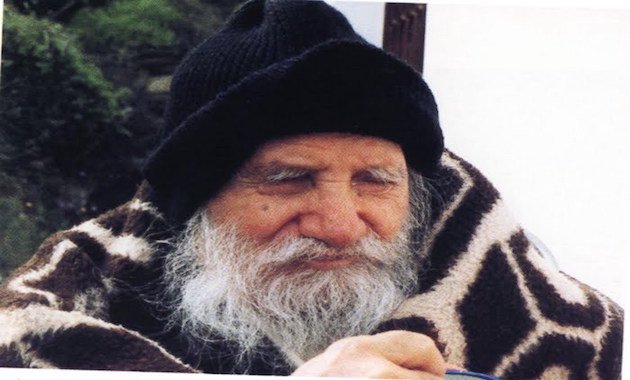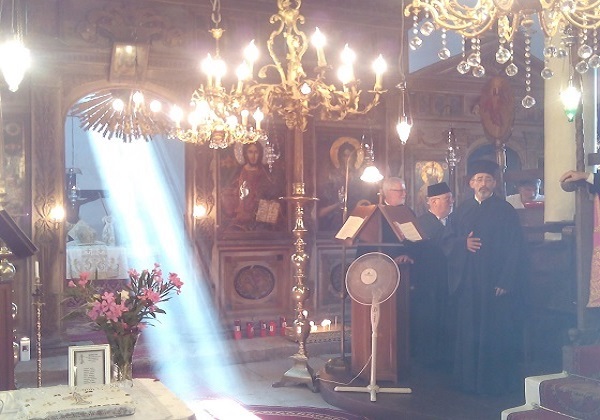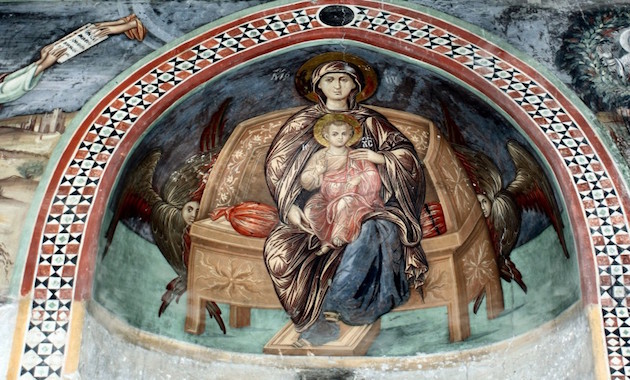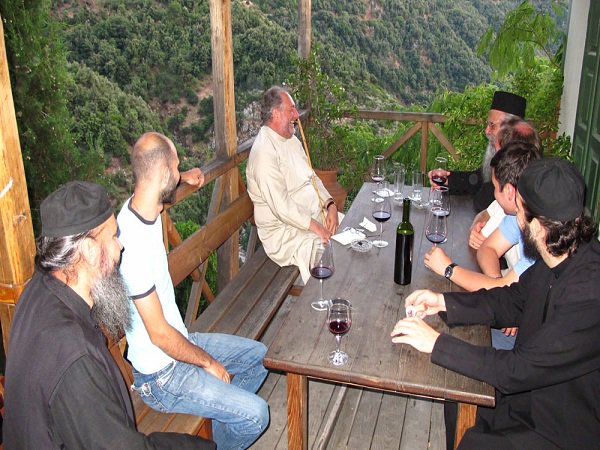
(Previous publication: http://bit.ly/2zFm6yQ) It is written that wine makes glad the heart of man (Psalm 104: 15) and that the joy of the Lord is our strength (Nehemiah 8: 10). The Holy Spirit pours the divine wine in man's good wineskin, in the one who has kept himself unspotted from the world (James 1: 27) and its corruption which reigns through sin unto death. O’ Mother, you are the intercessor of the souls who run out of wine, their wineskin bursts, and their souls withers to the point of death; you intervened in the right time at the wedding of Canna of Galilee. After the Son completed the economy of Redemption, you, O' Mother, began to minister to the bridal souls teaching them ...

